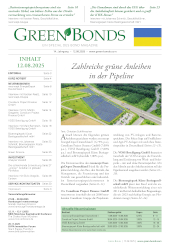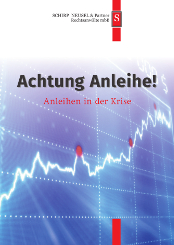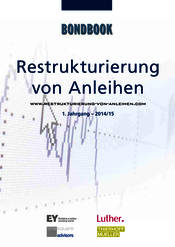As to the unfolding impact of the Japanese earthquake on Asian bond markets, the short-term impact on local government bond returns is positive (as at 15/3/2011), as increased risk aversion and the unknown total impact of the crisis is leading investors to switch out of equities into safer assets such as bonds. At the same time, however, the short-term impact on Asian currencies compared to the US dollar is negative, as the US dollar generally benefits from risk aversion in markets. Weaker currency returns will therefore offset some of the Asian bond gains for foreign investors. Weakness in Asian currencies does provide us with opportunities to add to our positions in the AOF.
Our positive view on Asian currencies over the medium term, meanwhile, remains intact. Although the impact of the natural disaster will result in downside risks for growth in Japan, it should be more muted on the growth outlook for emerging Asia. Japan has become a less important export market for most of Asia over the past decade. Even then, it is important to put into perspective that the impacted region as a whole makes up just 8% of the Japanese economy. That said, beyond the trade impact on growth, energy markets will be the most affected as Japan imports 85% of its energy use and the loss of nuclear power implies an increase in demand for hydrocarbon fuels. Disruption to Japanese petroleum refiners is also likely to tighten gas oil supplies.
As a result, while the risk is for oil prices to trade higher and complicate the inflation outlook for Asia with the unrest in the Middle East and North Africa far from resolved, production shut downs in Japan are also likely to provide some mitigation. This indeed has already been reflected in lower oil prices since last Friday. Even though these latest developments may prompt central banks in Asia to take a more cautious outlook on growth and possibly to become reluctant to hike policy rates, we think this is likely to prove to be a temporary pause as fundamental growth momentum within Asia remains solid amid a stronger recovery trajectory in the US and a more stable Euro area.
In particular, we like the Singapore dollar (SGD) given the Japanese yen’s (JPY) estimated weight of 10% in SGD trade weighted basket, it should benefit from potential yen repatriation risks as Japan Inc rebuilds its domestic production capacities. This was also the trend witnessed during the Kobe earthquake episode in 1995. We continue to be comfortable with our long Chinese yuan position as the market continues to under-price the extent of appreciation, which we think is likely to be in the range of 4 to 6% this year given policy makers’ focus on containing inflation. Similarly, from a fundamental valuation perspective, we like the Korean won as it would become even more competitive in the face of a stronger JPY and also believe that Korean exporters should benefit from Japanese production shutdowns. As to the Indonesian rupiah (IDR), which is another significant currency position, we expect the currency to hold up given Bank Indonesia's currency appreciation bias. Moreover, as Indonesia’s direct balance sheet risk with Japan is limited and with the potential for the country to benefit from increased demand for conventional energy sources, in view of nuclear power plant shutdowns in Japan and general concerns over nuclear power, the net impact on its current account is likely to be positive and hence benefit the IDR.
On rates, we continue to believe a somewhat more defensive duration strategy remains appropriate, but we continue to favour general yield curve flattening exposures in most markets by avoiding shorter maturity bonds, as we expect central banks to press ahead with their monetary policy normalisation process.














